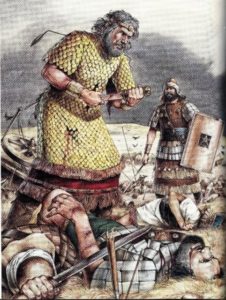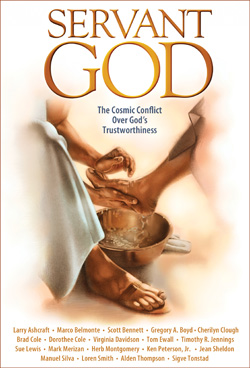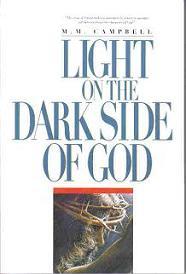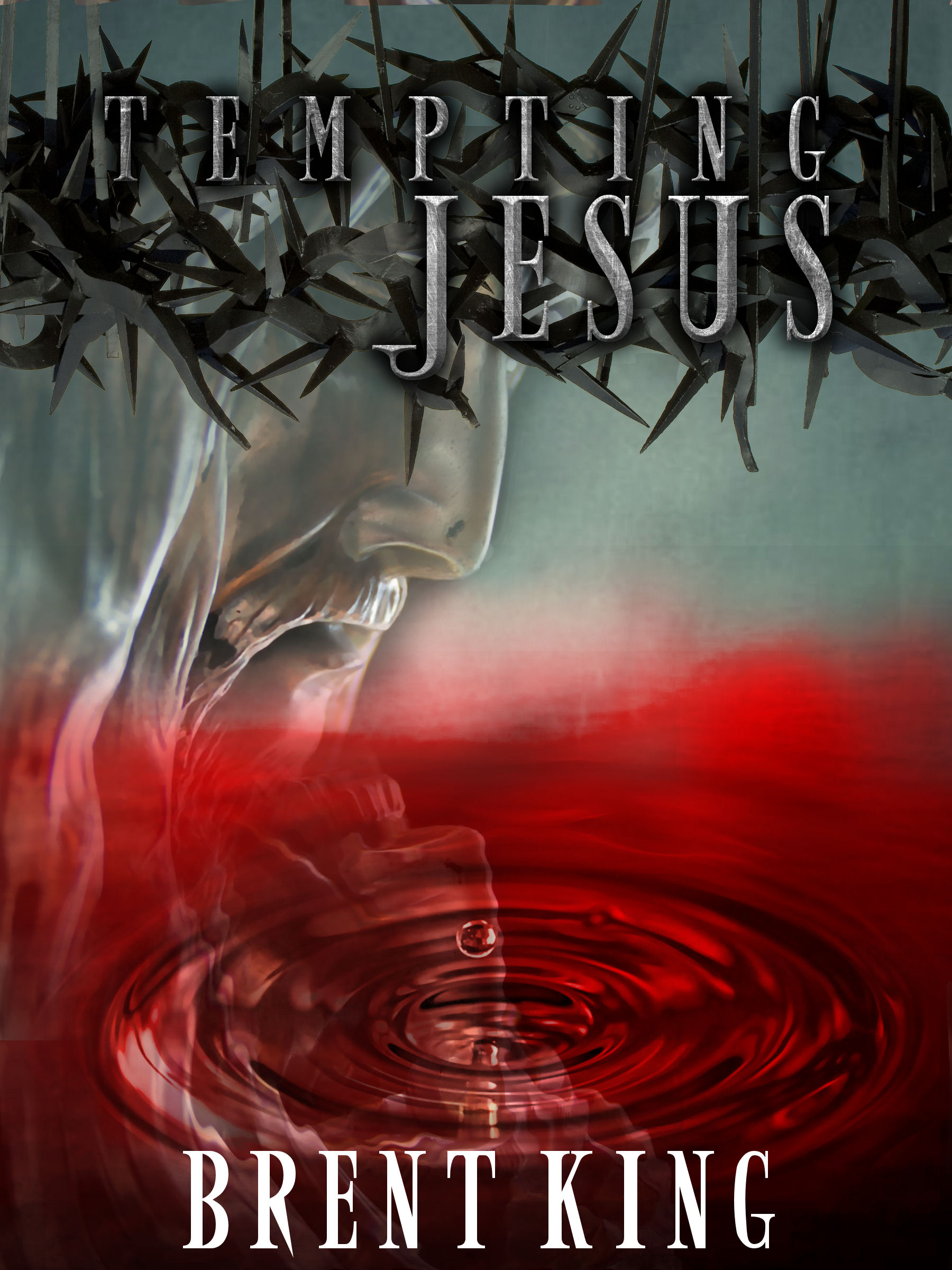Divine Responsibility
 In respect for the free will of men, God sometimes allows them to reap the harvest of their their rebellion by removing His protection. Yet though He is permissive, allowing the rebellious to “fall by their own counsel,” He takes responsibility for what He permits wicked humans and angels to do, speaking of it as if He did it Himself. At least He takes responsibility if what they do aligns with His purposes. This is an often overlooked biblical reality.
In respect for the free will of men, God sometimes allows them to reap the harvest of their their rebellion by removing His protection. Yet though He is permissive, allowing the rebellious to “fall by their own counsel,” He takes responsibility for what He permits wicked humans and angels to do, speaking of it as if He did it Himself. At least He takes responsibility if what they do aligns with His purposes. This is an often overlooked biblical reality.
“Destroy thou them, O God; let them fall by their own counsels; cast them out in the multitude of their transgressions; for they have rebelled against thee. But let all those that put their trust in thee rejoice: let them ever shout for joy, because thou defendest them: let them also that love thy name be joyful in thee. For thou, LORD, wilt bless the righteous; with favour wilt thou compass him as with a shield.” Psalm 5:10-12, emphasis mine
God Says He Does What He Allows
As we see in Job, God’s permission is the loss of His protection. Yet He doesn’t blame it on evil. He takes responsibility for what happens when He takes away His hedge of protection. One example of this phenomenon is the death of the firstborn of Egypt. In Exodus 12:12, God says, “For I will pass through the land of Egypt this night, and will smite all the firstborn in the land of Egypt, both man and beast; and against all the gods of Egypt I will execute judgment: I am the Lord.” However, Exodus 12:23 speaks more plainly about what is actually happening: “For the Lord will pass through to smite the Egyptians; and when he seeth the blood upon the lintel, and on the two side posts, the Lord will pass over the door, and will not suffer the destroyer to come in unto your houses to smite you.”
Another example is the death of King Saul. 1 Chronicles 10:13-14 says, “So Saul died for his trespass which he committed against the Lord, because of the word of the Lord which he did not keep; and also because he asked counsel of a medium, making inquiry of it, and did not inquire of the Lord. Therefore He killed him and turned the kingdom to David the son of Jesse.” Yet in 1 Chronicles 10:4, 6 it says, “Then Saul said to his armor bearer, ‘Draw your sword and thrust me through with it, otherwise these uncircumcised will come and abuse me.’ But his armor bearer would not, for he was greatly afraid. Therefore Saul took his sword and fell on it…thus Saul died.”
There are many examples like this in scripture where the Bible interprets itself and illumines the meaning of God’s seeming violent actions.
Reaping and Sowing
“Reaping and sowing” and “cause and effect” is often at play when we suffer as a result of our disobedience. If we persist in sinning, then God often allows us to reap what we sow. God’s laws of reaping and sowing were meant to benefit us and were never intended to reek havoc in our lives. Rebellion has twisted these laws and caused them to work against us.
“The worst thing God could do to any man would be to leave him utterly alone to the working out of his sin.” – S. D. Gordon
Through the Lens of the Life and Death of Jesus
If God owns all the violence on this earth, then how are we to sort out the truth about God’s actions? We can only understand earth’s horrific events—past, present, and prophetic—by looking at them through the lens of the life and death of Jesus. Jesus is what God really looks like, the express image of His person (Hebrews 1:3).
Does the Father strike us down—execute us? Or does He give us up to cause and effect? We only need to look to the cross to find out. Did the Father execute His Son? Isaiah 53:4 would make it appear so: “I will strike the Shepherd.” Yet Jesus words on the cross say otherwise: “My God, My God, why have You forsaken Me (Mark 15:34)?” However, the most convincing evidence comes a few words farther in Isaiah 53:4, where God predicts that we would erroneously esteem Jesus “smitten and afflicted by God.”
So the Father even takes responsibility for striking His Son, though the Bible is clear that He didn’t do it.
God Owns What He Allows
Since God has granted men the freedom to participate with Him in determining their circumstances and their future, then He must respect their choice to depart from Him into the soul-munching jaws of sin. He never leaves us. It is we who leave Him and, though He is a gentleman and takes responsibility for withdrawing, we are ones who ultimately flee from Him into the Abaddon of sin. It is sin that kills, not God.
God is very present to all of His creation, but there are limits to what even He can do to prevent the hellish consequences of rebellion. So souls die. Yet even when men withdraw from Him, to their destruction, He is still there. In the end, He is left holding the corpses of unrepentant in His arms and mourning their loss like the classic tragedies in literature.
Blaming is a foundational sin of humanity, and God does not participate in it. He is a gentleman and owns everything that happens in His creation, thus claiming that he inflicts that which He actually merely permits or does not prevent when no repentance is forthcoming.











